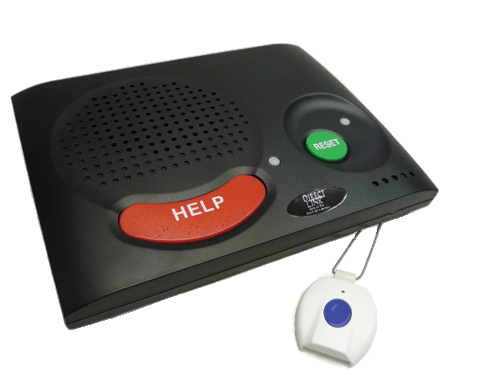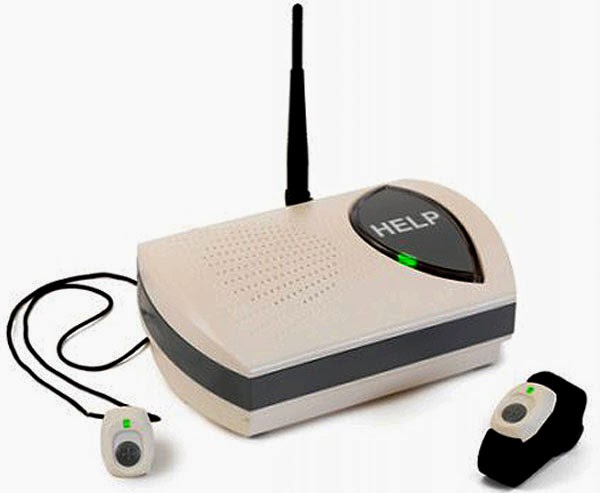1. Keep your mind fit just like you do with your body. Challenge yourself mentally; learn a new language, learn to play a musical instrument, do brain games. Exercise your brain!
2. Eat more fresh fruit and vegetables. Studies indicate that consumption of fruit and veggie juices was linked to lower rates of Alzheimer’s disease.
3. Eat berries! The antioxidants provide protection against the formation of free radicals and amyloid plaques in the brain.
4. Consume plenty of omega-3 fatty acids. They are found in fish such as salmon and mackerel. Omega-3s have been shown to help reduce Alzheimer’s progress.
5. Eat foods high in folic acid or use supplements that supply this.
6. Grape skins contain molecules able to protect brain cells from oxidative stress.
7. A Mediterranean-style diet has been linked to lower incidences of Alzheimer’s disease.
8. Keep your blood pressure under control.
9. Keep up an active social life and a strong social network of friends. Get out and socialize!
Recent studies indicate that coconut oil may have positive effects on delaying Alzheimer’s symptoms. Even if coconut oil can’t prevent this disease, it will help your skin stay smooth and is a healthy source of fat! For help with daily activities such as cooking, bathing and dressing, consider hiring an in home care service. The quick video below can help you to better understand and deal with Alzheimer's disease...
Bringing useful news to educate our clients is one more way that Home Helpers has been making life easier for over a decade. Call us today at 704-909-7958. And as always, you can find us on our website, Facebook and Google+!

















